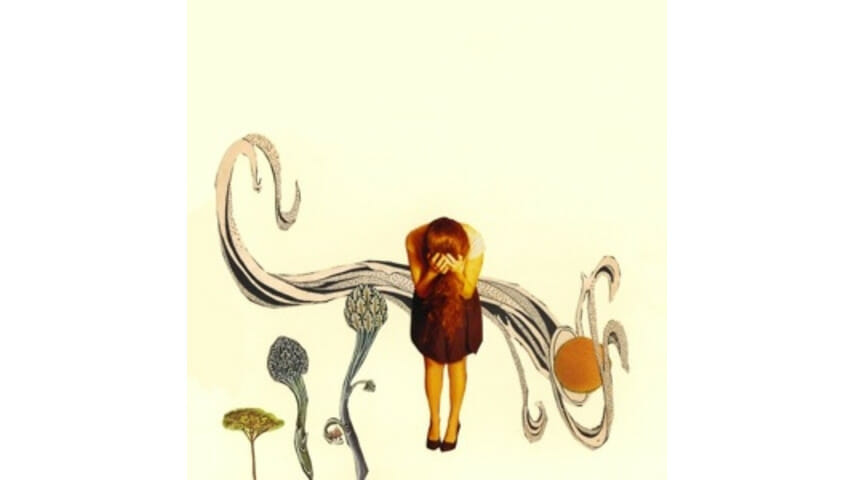Marissa Nadler: Marissa Nadler

Marissa Nadler singing the word “radio” may be one of the music events of the year. On “The Sun Always Reminds Me of You,” a standout from her self-titled fifth album, she splits those three syllables in a way that makes the word sound startlingly new: something like “ray-adee-ohhhh,” although that transcription doesn’t come close to doing justice to her phrasing. She sings each long vowel sound with the slightest hesitation, placing the sound just behind the beat to the give the word and the song a singsong lilt. It’s possibly the slyest, catchiest and loveliest hook on this immensely confident and haunting album.
-

-

-

-

- Curated Home Page Articles By Test Admin October 21, 2025 | 3:10pm
-

- Curated Home Page Articles By Test Admin October 21, 2025 | 2:57pm
- Urls By Test Admin October 21, 2025 | 2:57pm
- Curated Home Page Articles By Test Admin October 21, 2025 | 2:55pm
-

-

-

-

-

-

-

-

-

-

-

-

-

-

-

-

-

-

-

-

-

-

-

-

-

-

-

-

-

-

-




































